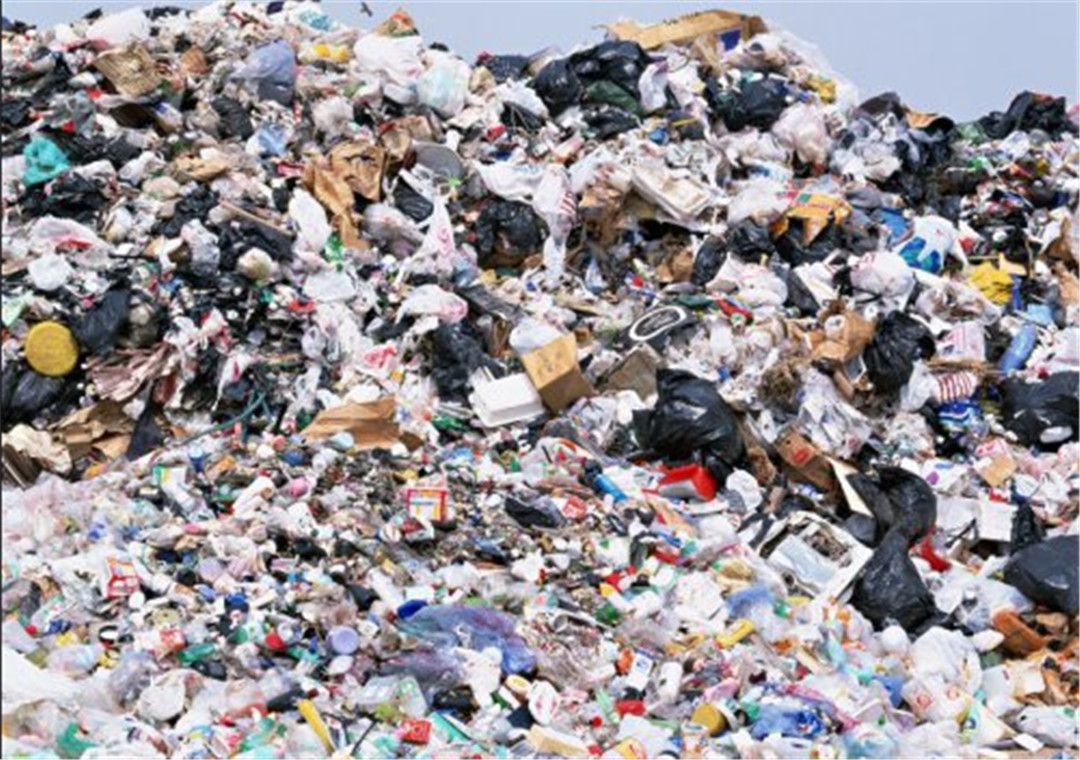The agreement is an unprecedented step forward to curb plastic pollution worldwide. Patrizia Heidegger reports from the UNEA conference room in Nairobi.
The tension and excitement in the conference room are palpable. One and a half weeks of intense negotiations, often until the early morning hours, lay behind the delegates. Activists and advocates sit nervously in their chairs. They have come to Nairobi, Kenya, to the 5th UN Environment Assembly (UNEA) to make sure governments agree on a resolution they have been working towards for many years: the text suggests setting up an International Negotiating Committee (INC) to work out a legally binding, international treaty to curb plastic pollution.
When UNEA President Bart Espen Eide, the Environment Minister of Norway, taps the gavel and declares the resolution adopted, celebratory applause and cheering erupt in the conference room. Relief is all over the faces of those who have fought hard for it, some with tears of joy in their eyes.
The scale of the plastic pollution crisis
More than 460 million metric tons of plastic are produced every year, 99% from fossil fuels. At least 14 million tons end up in the oceans every year. Plastic makes up 80% of all marine debris. As a result, one million ocean animals are killed annually. Microplastics have been found in countless aquatic species, in human blood and the placenta during pregnancy. Only around 9% of plastic is recycled and global production volumes have continued to increase year by year.
Plastic pollution is a global crisis. Plastic products have global supply and value chains. Plastic waste is shipped across continents. Marine litter knows no borders. As a common concern to humankind, the plastic crisis requires global and urgent solutions.
Since its inaugural session in 2014, UNEA has seen progressively stronger calls to action. An expert group on marine litter and microplastics was set up at its third session. During UNEA 4 in 2019, environmental organisations and advocates pushed hard to get an agreement towards a treaty – and governments failed to agree. Three years later, the mandate to start negotiating is a major victory for all those tireless campaigners.

A global mandate
Civil society has been fighting hard to ensure that the mandate takes a life cycle approach covering all stages of plastic production, use, recycling and waste management. The resolution calls for the treaty to promote sustainable production and consumption of plastics, including product design, and highlights circular economy approaches. Civil society has also been stressing that the treaty must focus on a reduction of plastic production and prevention of waste, especially the elimination of single-use plastics: recycling alone will not solve the plastic crisis.
Besides, the mandate goes beyond earlier concepts of a treaty covering only marine litter. Such an approach would have been a missed opportunity to address plastic pollution in all environments and across the entire life cycle.
The treaty will also have to avoid false solutions to the plastics crisis and greenwashing, including misleading claims of recyclability, bio-based or biodegradable plastics or chemical recycling. It must promote the innovation of toxic-free refill and reuse systems. And it should include standard criteria for plastic as a material and for transparency, as well as limitations on hazardous additives to plastics for a non-toxic circular economy across all life stages of plastics.
The resolution foresees that the Committee takes up its work in the second half of 2022. By 2024, it is meant to complete its work and present a treaty for signature. If that timeline is kept, it may become the fastest negotiation of a major Multilateral Environmental Agreement.
On the (bumpy) road to break free from plastic
Campaigners and activists now deserve to celebrate this victory. But once the celebrations are over, all those seeking to cut down on plastic pollution will have to work hard in the years up to 2024: they will have to fight for a strong instrument with clear enforcement mechanisms, an instrument that will lead to a significant reduction of plastic production in the first place and that will curb the amount of plastic waste.
“This is a crucial step forward, but we are all aware that the path to success will be hard and bumpy. Some countries, under pressure from certain corporations, will try to delay, distract or derail the process or lobby for a weak outcome. Petrochemical and fossil fuel companies are likely to oppose proposals to limit production. We call on all governments to ensure swift and ambitious negotiations and to ensure a prominent voice for environmental NGOs and wider civil society,” said Piotr Barczak, Senior Policy Officer for Waste and Circular Economy with the European Environmental Bureau (EEB).
Campaigners will also have to make sure that those communities most harmed by plastics get a sit at the table: those exposed to pollution from plastic feedstocks and petrochemical production, by dumps, landfills, open burning of plastics, chemical recycling facilities and incinerators; formal and informal workers and waste pickers along the plastic supply chain, who must be guaranteed just and safe working conditions; as well as consumer voices, Indigenous Peoples and those communities that depend on marine and riverine resources harmed by plastic pollution and oil extraction.
“Receiving the recognition that this problem needs to be addressed across the whole plastics value chain is a victory for groups and communities who have been confronting the plastic industry’s transgressions and false narratives for years. Our movement stands ready to contribute meaningfully to this process and help ensure that the resulting treaty will prevent and stop plastic pollution.”
Post time: Sep-13-2022





